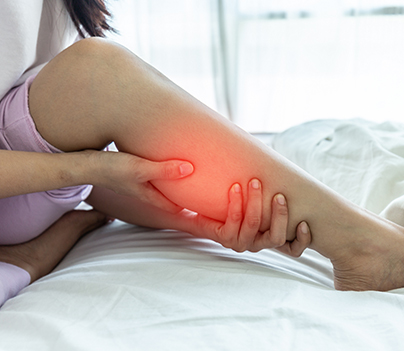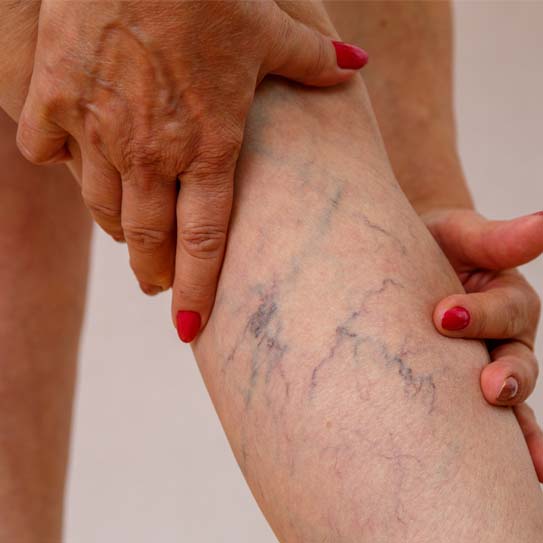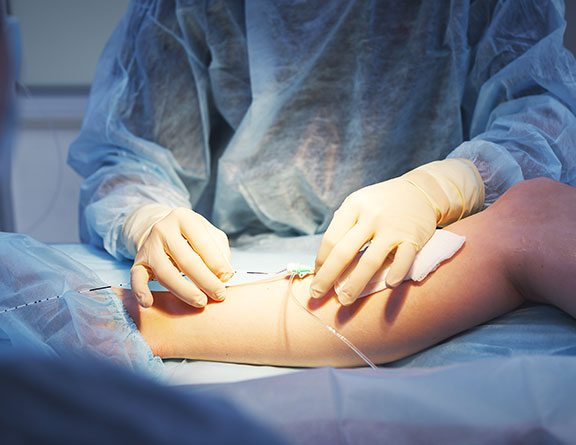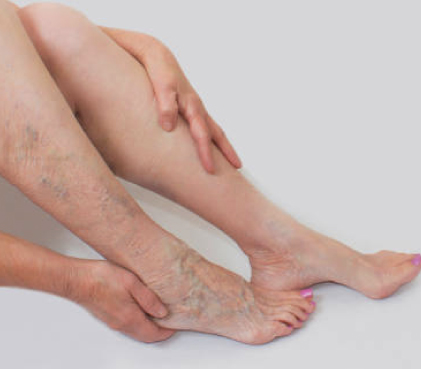
Ear infections frequently go away on their own. In that case, the physician could advise taking antibiotics to treat bacterial infections. Surgery is required when medicine or conservative therapy are ineffective. Depending on the kind and severity of the illness, your doctor can advise one of the following procedures:
The following guidelines will help you get ready for the ear infection treatment:


You could be given guidelines to hasten your recovery following the treatment if your doctor has advised ear infection surgery. Here are some post-operative suggestions to make sure you recover swiftly and appropriately.
Are viruses or bacteria at blame for ear infections?
Both. Ear infections are brought on by both bacteria and viruses. After identifying the underlying cause, doctors recommend the best course of action.
What typical symptoms of an ear infection are there?
The following are some typical ear infection symptoms and signs: ear discharge that is yellow Earache Headache congestion in the ears hearing impairment feeling of ringing in the ears
Surgery for ear infections is it covered by health insurance?
Some ear infections can spread to the skull and other nearby tissues. Meningitis can occur as an uncommon side effect of this.
What naturally treats ear infections?
Peroxygenated water. Hydrogen peroxide has been used for many years as a natural remedy for earaches. To remedy the issue, apply a few drops of hydrogen peroxide to the afflicted ear. Allow it to settle for a few minutes before draining it. Then, rinse your ear with fresh, purified water. However, you should be aware that you shouldn't utilise these treatments without first talking to your doctor.

Also known as endovenous laser treatment or EVLA, this is a minimally invasive ultrasound-guided procedure that involves the use of ultrasound images and laser fiber in order to kill the delicate lining of the veins. After a few days following the procedure, the body absorbs the dead tissues, closing off the abnormal veins with minimal or no discomfort. This is one of the most commonly preferred methods as it involves far fewer complications, and the recovery time, as well as the success rate of this method, is much faster and higher than that of any surgical process.

Also known as endovenous laser treatment or EVLA, this is a minimally invasive ultrasound-guided procedure that involves the use of ultrasound images and laser fiber in order to kill the delicate lining of the veins. After a few days following the procedure, the body absorbs the dead tissues, closing off the abnormal veins with minimal or no discomfort. This is one of the most commonly preferred methods as it involves far fewer complications, and the recovery time, as well as the success rate of this method, is much faster and higher than that of any surgical process.

Also known as endovenous laser treatment or EVLA, this is a minimally invasive ultrasound-guided procedure that involves the use of ultrasound images and laser fiber in order to kill the delicate lining of the veins. After a few days following the procedure, the body absorbs the dead tissues, closing off the abnormal veins with minimal or no discomfort. This is one of the most commonly preferred methods as it involves far fewer complications, and the recovery time, as well as the success rate of this method, is much faster and higher than that of any surgical process.